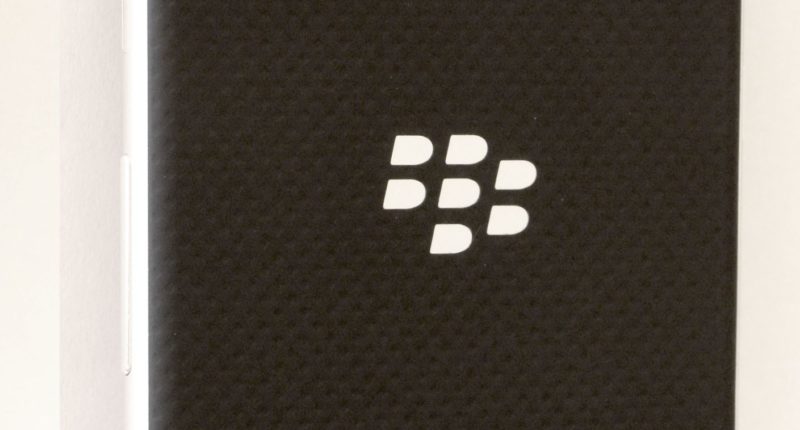TCL communications and Blackberry’s four year long partnership, through which TCL produced Blackberry-branded handsets along with providing tech support, is finally coming to an end. And it pains me to say this, but this could also possibly mean, that Blackberry devices may go off the market after years of struggle.
In 2016, Blackberry finally gave up on designing its own phones and shifted its business strategy to taking benefit of patents that it holds. Blackberry has had a strong portfolio of cybersecurity patents, a business which it continues to run successfully.
To revive the dead Blackberry smartphone brand, the company did a licensing deal with TCL, which gave the latter near-global rights to design and sell BlackBerry-branded phones. Design language was again the same, the classic Blackberry Qwerty keyboard, paired up with Android and a touchscreen. And while all three devices, the Priv, Key One and Key Two did see some success, it was limited to a very select group of consumers. The partnership and the smartphones could not generate a larger following.
Blackberry said via their twitter account, “We do regret to share that as of August 31, 2020, TCL Communication will no longer be selling BlackBerry-branded mobile devices. TCL has no further rights to design, manufacturers or sell any new BlackBerry mobile devices.” In another tweet, they said, “We’d like to thank TCL Communication and their team for a successful partnership over the past few years. Together we produced great things. Many thanks and appreciation to our BlackBerry community for your continued support. In a tweet, they informed.”
TCL, which currently holds 1% smartphone( Blackberry and Alcatel ) market share will no longer sell BlackBerry-branded phones starting from August 31, 2020. Although existing devices will continue to be supported for a period of two years, ending on August 31, 2022.
Blackberry wasn’t always like this though. For those of you who had their teenage years during the early 2000s, you’d know the rage that Blackberry was. During its peak time, the company controlled about 50% of the U.S.. smartphone market and 20% globally. But then, those were times when multi-tasking smartphones were limited mostly to the corporate world, and Blackberry offered an unparalleled experience to these users.
But then, came Steve Jobs’ iPhone, and revolutionized the way people think about smartphones. Touchscreens took over, the general populace had access to a computing device they had never dreamt of, and older players like Blackberry and Nokia began to see their market share erode. Things could have been better, had it not been the rather stubborn approach that both these companies adopted, especially in terms of software. While Nokia stuck to Symbian, Blackberry hung on to its BB OS. The rest, is history.
For TCL though, it is not the end for company’s smartphone ambitions. The Chinese smartphone maker has built out its name over the past years under the smartphone segment of different brands, including BlackBerry, Alcatel, and Palm. Recently, TCL even teased a 5G handset and a foldable device under its own name at CES 2020.
